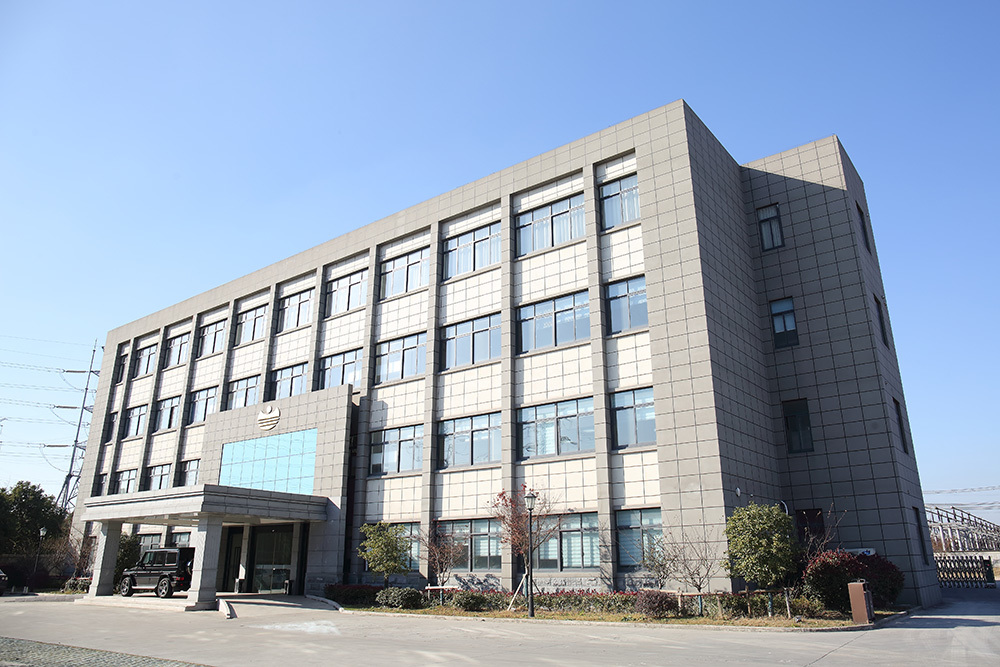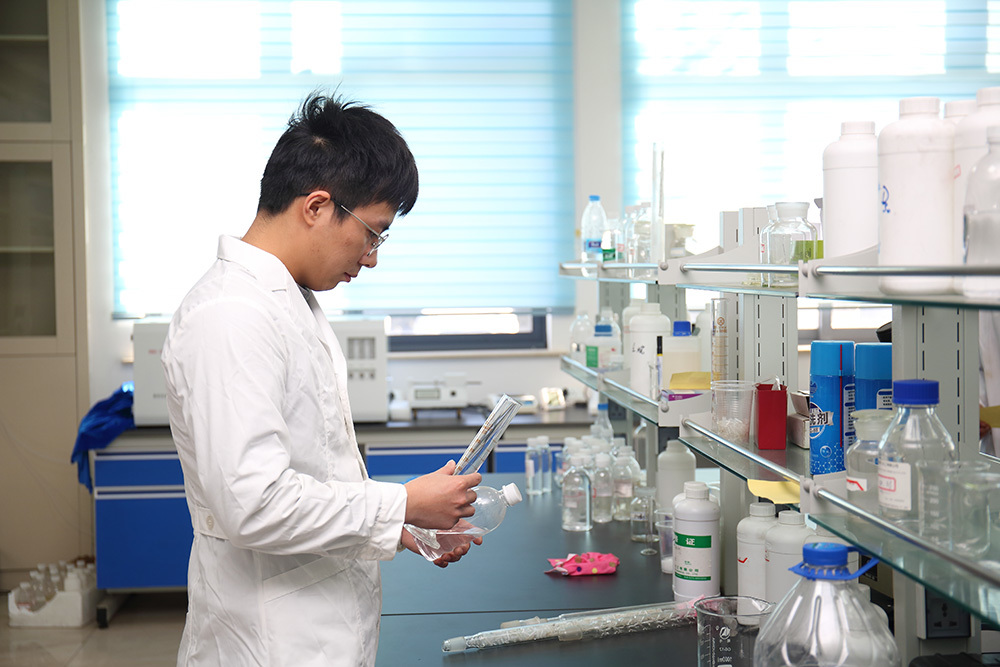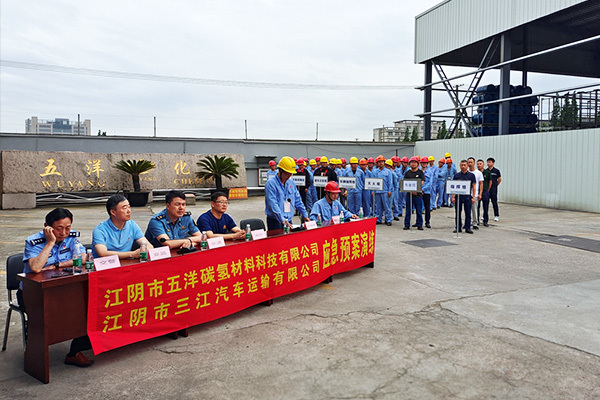Cleaning has penetrated into every aspect of daily life and industrial production, and it needs to be cleaned in all aspects of production and processing, such as transportation, metal parts, construction, and new energy. The cleaning surface will be different, but the cleaning materials are the same, mainly to remove oil, dirt, dust and oxidized substances on the surface. When preparing to purchase cleaning agents, many customers will face such problems. Which type of cleaning agent is better, is it a water-based cleaning agent or a hydrocarbon cleaning agent?
Let's take a look at the comparison of these two cleaning agents.
The water-based cleaning agent achieves the cleaning of oil and grease by means of the functions of wetting, emulsifying, penetrating, dispersing, solubilizing, etc. of the surfactant, emulsifier, penetrant, etc., and is widely used in the past years. A type of cleaning agent. For example, household detergents can also be said to be water-based cleaners, but the water-based cleaners mentioned here are mainly used for industrial cleaning purposes.
Hydrocarbon cleaning agents are mixtures of linear, branched, and naphthenic hydrocarbons that yield different fractions from the petroleum distillation process. Wuyang Hydrocarbon Cleaning Agent can divide the wide fraction and narrow fraction hydrocarbon cleaning agent according to different needs of customers, and use advanced technology to remove olefins with poor chemical stability, odorous and toxic and corrosive metal sulfur compounds, and highly toxic aromatic hydrocarbons. And a water-soluble acid, alkali, mechanical impurities and moisture, a colorless transparent pure liquid obtained by adding an organic auxiliary agent.
Whether corroding the workpiece
Water-based cleaning agents, as the name implies, contain water and are compatible with water. They are detergents that are diluted with water. Other cleaning agents contain substances such as chlorine and sulfur that are prone to corrosive metals. For some metal and alloy products such as iron, copper and aluminum which are easy to rust, it is easy to rust after cleaning.
Hydrocarbon cleaning agent is a hydrocarbon composed of carbon and hydrogen. It is a very pure high-purity alkane solvent. It does not cause any corrosion and rust on metal materials. It does not dissolve or swell most plastics and rubber. The embrittlement effect, and the hydrocarbon cleaning agent can be completely volatilized under normal temperature and heating conditions, leaving no traces, so the use range is extremely wide.
The water-based cleaning agent has good compatibility, and the formula is adjusted for different nature pollutants, and the ability to clean complex oil is strong, but some have shortcomings. For example, the cleaning effect of some viscous waxy dirt is poor; the cleaning power is not strong under low temperature conditions; the blind holes and small crack residue are difficult to remove after cleaning; the metal products are not dry and corrosive in time; the waste liquid is complicated to be recycled, It is easy to cause damage to the environment.
The solubility parameter of the hydrocarbon cleaning agent SP value is between 7-8, and the SP value of most metal processing oils, such as cutting oil, anti-rust oil, stamping oil, punching oil, tempering oil, tapping oil, etc. Consistent. According to the theory of similar compatibility, it is easy to dissolve the residual oil after processing, and can wash off various types of dust and metal shavings on the workpiece. Due to its low interfacial tension and insoluble in water, it can evict water from the surface of the workpiece to condense into water droplets and roll to the bottom of the cleaning tank. The SP value of the hydrocarbon cleaning agent is far from the resin, so it is generally not suitable to smear the plastic, paint and other materials on the parts to be cleaned. Therefore, the hydrocarbon solvent is extremely advantageous for cleaning precision motors, electronic parts and the like.




